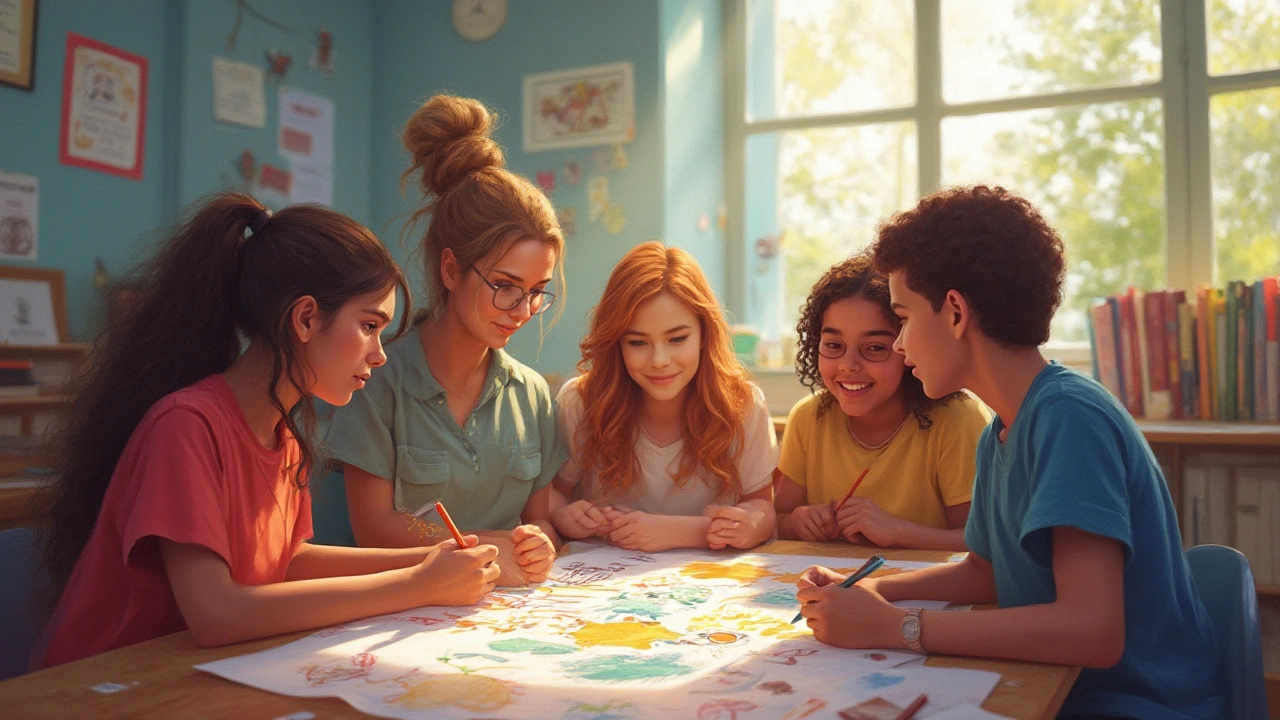Rare Disease Day – What It Is and Why It Matters
Every year on the last day of February, people around the world pause to shine a light on diseases that affect fewer than 200,000 people each. That day is called Rare Disease Day. It isn’t just a date on a calendar; it’s a chance for patients, families, doctors, and advocates to tell a story that often gets lost in the crowd.
Why should you care? Rare diseases may be rare, but together they affect millions of lives. Most of them have no cure, and many patients spend years waiting for a diagnosis. By learning the facts and sharing them, you help reduce that waiting time and push research forward.
When and How Rare Disease Day Happens
The celebration lands on the last Friday of February, which means it can fall in March for a few years. Governments, hospitals, schools, and charities all host events—ranging from webinars to walks in the park. Social media plays a huge role; a single hashtag can bring together stories from people on opposite sides of the planet.
In many countries, the day is also an opportunity to speak with policymakers. Patient groups submit briefs, ask for more funding, and ask for faster approval of new medicines. Those meetings often happen right after the public events, turning buzz into action.
Simple Ways to Get Involved
If you’re wondering how to take part, start small. Share a post about a rare disease you’ve learned about—add a personal comment so it feels real. Even a short tweet can reach a friend who needs that information.
Next, consider donating to a charity that funds rare‑disease research. Many organizations have matching‑gift programs that double the impact of your gift. If money isn’t an option, volunteer your time. Local hospitals often need help with patient‑education sessions, and schools welcome speakers to raise awareness among students.
Finally, wear a ribbon or pin that signals your support. It’s a visual reminder that the conversation is still open. When you wear it, you’ll likely get questions, and that’s the perfect chance to spread the word.Rare Disease Day isn’t a one‑day fix; it’s a reminder that every patient deserves a voice. By learning, sharing, and acting, you become part of a global community that refuses to let rare illnesses stay in the shadows.
Year-Round Rare Disease Awareness Strategies for Schools
Discover hands-on ways educators can integrate rare disease awareness into school life all year, encouraging empathy and deeper understanding among students.

